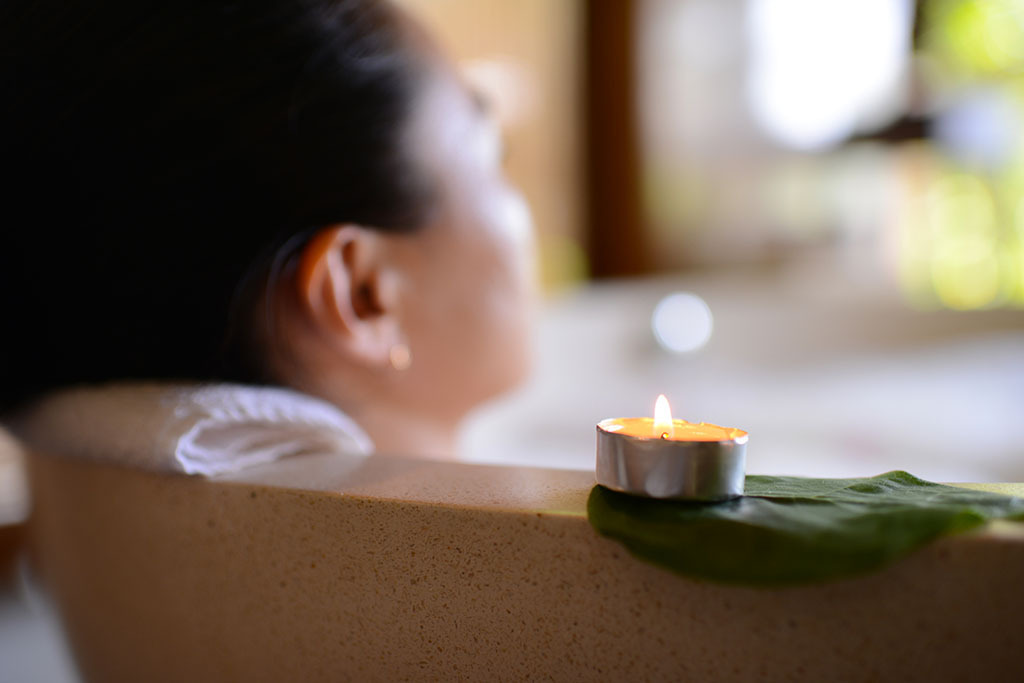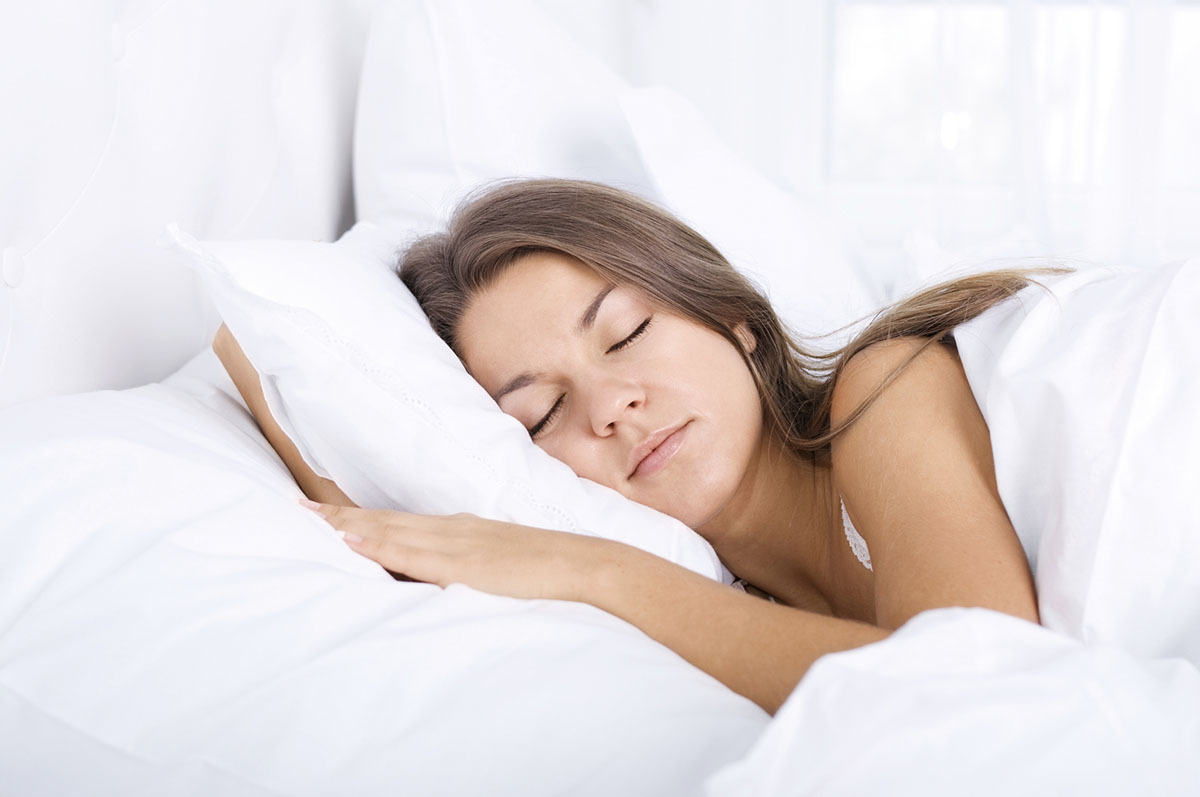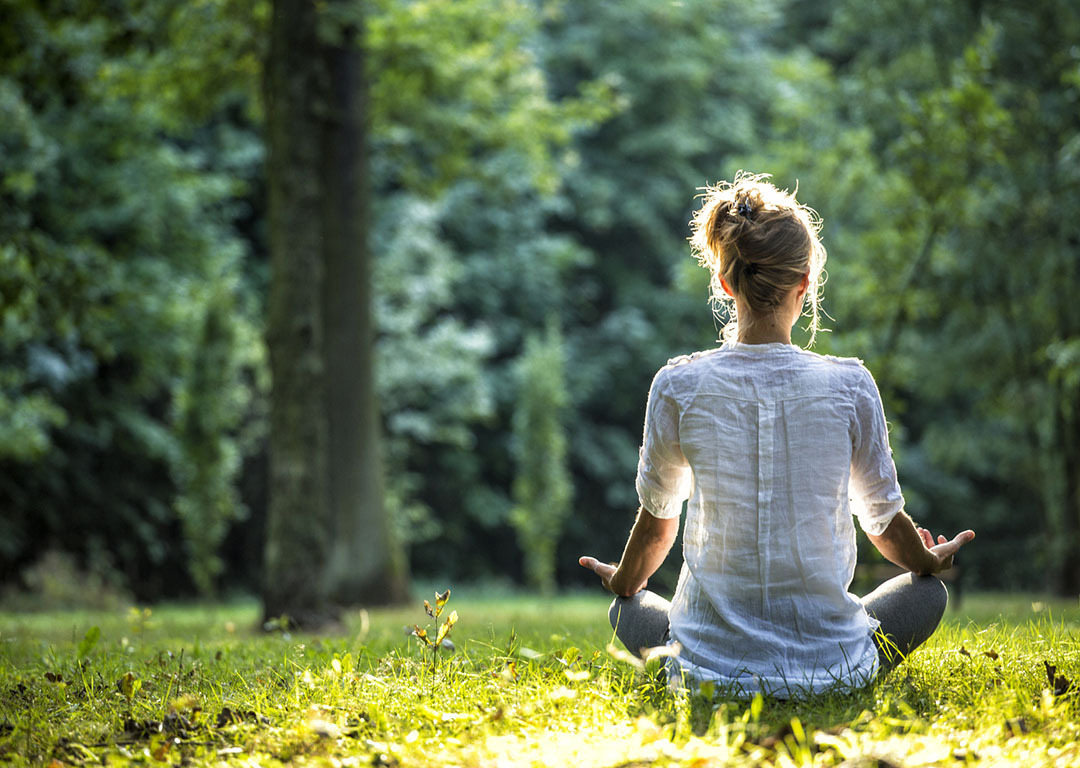‘Self-care’ may be an overused hashtag, but it should not be dismissed. In fact, we think self-care – simply, taking care of yourself – is essential for mental and physical wellbeing.
Self-care isn’t about being self-interested or selfish: it’s taking responsibility for our own health. If we do certain things that are beneficial for our own bodies, minds and souls, we will be more able – and willing – to support ourselves and others.
Self-care is a modern, compassionate approach to being healthy, looking after yourself without forcing yourself to diet or go to a boot-camp. The aim is not to be thin and perfect, but to feel good about your life. This could mean, in addition to eating well and exercising; cultivating good relationships, being kinder and less critical to yourself and others, learning good boundaries (practice saying ‘no’), or planting trees.
“With self-compassion, we give ourselves the same kindness and care we’d give to a good friend.” Dr. Kristen Neff, self-compassion.org
Self-care activities could include pretty much anything that has a positive impact; making healthy meals, exercising, relaxing, being mindful, meditating, cultivating positivity and compassion, being pro-active, volunteering, making green choices, getting creative, going for a walk in nature or seeing friends.

First, don’t pressure yourself to do it all at once. Start by doing one thing and build from there.
Perhaps to start with you can commit to ten minutes a day and work up to an hour or more: choose a pleasant space in your home, garden or local café – somewhere you won’t be distracted. You can use the time to journal, sketch, knit, plan meals, read, practice yoga or simply think. You could meditate or go for a walk outdoors.
Whatever act of self-care you choose to do, do it consciously – calling your candlelit bath, yoga or mediation, or gratitude diary an act of self-care is important. It’s about cultivating a caring attitude to yourself, and positive self-talk is a way to do this.
An act of self-care doesn’t need to have an end goal – to sleep better, lose weight, be less stressed – but it may end up having a positive effect on the very areas you want to improve. Sometimes in surprising ways.
Once you have decided on your first act of self-care, the point is to practice it regularly, ideally every day.

Self-care is also about educating yourself so that you can look after your own health in the best possible way. Read as much as you can about ways of managing stress, how to sleep better, eating the right foods for gut health and exercising.
A spa retreat dedicated to the area in your life you want to improve is a great way to start as you can get ideas on self-care from an expert. You can also have health-checks, tests and consultations to make sure you are doing what is best for you.
Here are five acts of self-care and spas that can help.
Create a sleep routine
De-clutter your bedroom, make it peaceful and dark; open the window a crack, turn off all screens and blue light. Read a big classic novel; not a page turner that will keep you up all night wanting to know the ending. Spray some pillow mist and try a sleep meditation – although don’t get tangled in your headphone wires.
If your sleep problems are psychological, try The Sleep Retreat at Lucknam Park.

Look after your gut health
New studies reveal the bacteria that live in your stomach can have a significant effect on your health and mental wellbeing. Although research is in its early days, there are some foods that are believed to have a positive impact on gut health, for example pre and probiotics, fermented foods and nutrients.
For more knowledge, recipes and a tailor-made approach, try the Gut Health retreat at Homefield Grange.

Take a self-care trip
They say a change is as good as a rest, even better if you book a holiday or weekend away with a wellness theme. Today, even music festivals have non-debauchery wellbeing options, from on-site spas and yoga sessions, to healthy food stalls and wellbeing activities.
For the ultimate self-care weekender, try Low Wood Bay Resort & Spa which has panoramic views of Lake Windemere: drift in the infinity edge outdoor pool and gaze at the water. The spa feels intimate and nurturing, designed with natural materials.
Get outside
Studies show that forest bathing – mindful walking through woods and outdoor space – can significantly reduce stress. Walk outside as much as you can and take time to really soak in your surroundings. Take off your headphones. Immerse yourself in nature.
Book in for a treatment at Rudding Park’s Woodland Glade – it’s a shepherd’s hut in a secluded part of the grounds, so you can enjoy a massage listening to real birdsong and inhaling the scents of surrounding trees.

Meditate
Meditation practice is known to have many health benefits, and regular meditation can even rewire our brains, making us happy. There are hundreds of apps for guided meditation which should be applauded, as you will benefit from being able to meditate every day. But joining a class every so often is a great way to deepen your practice and learn new approaches.
Add a meditation class to your spa day at the Coach House Spa at Beaverbrook: mindfully savour a relaxing nature-based treatment and a deliciously fresh lunch.

Savant Spy
26th February 2020
Spy Likes:
Clever, inspiring design, sublime views, a vast, clean and empty pool, solitary relaxation areas to read, write or commune with my muse.
Spy Dislikes:
Small talk, discussions about spirituality or astrology, any products containing tea tree oil or aloe (sadly am allergic), busy pools where you can’t do laps.
